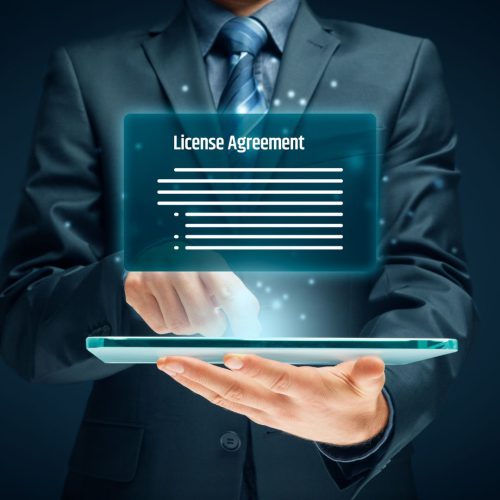Mastering the Process of Securing a Retail Dealer License
Exploring Retail Dealer Licenses. In California’s dynamic automotive landscape, retail car dealerships are critical players. These entities, bound by strict rules and protocols, are indispensable for vehicle purchase and sale within the state. Understanding the essence of a retail dealer license, the acquisition process, and recognizing its advantages are crucial for anyone considering a venture into this sector. This detailed guide dives into the complexities of retail dealer licenses in California, covering everything from their definition to the acquisition steps, and the perks they offer prospective car dealers.
The Importance of Certification
The first essential step in acquiring a retail dealer license in California is to complete a mandatory certification class, as required by the California DMV. This educational foundation prepares you for the business and ensures compliance with regulatory standards.
What is a Retail Dealer License?
A retail dealer license in California authorizes individuals or businesses to legally sell new or used vehicles to consumers. Governed by the California Department of Motor Vehicles (DMV), this license covers a range of activities crucial for car sales operations:
Buying and Selling Vehicles: Retail dealers buy cars from manufacturers, auctions, or private entities and sell them to consumers at a profit.
Vehicle Financing: Many dealerships facilitate vehicle purchases by offering financing options, allowing buyers to pay over time.
Vehicle Leasing: Dealerships might also provide leasing options, offering a vehicle for a predetermined period in return for monthly payments.
Acquiring a Retail Dealer License in California
Step-by-Step Licensing Process:
Understand the DMV Requirements: Start by familiarizing yourself with the DMV’s prerequisites, including a permanent business location, completion of a pre-licensing education course, and securing a surety bond.
Establish a Permanent Business Location: The dealership must be at a permanent location that adheres to local zoning laws and meets DMV criteria.
Complete a Pre-Licensing Education Course: Enroll in and complete a DMV-approved course covering dealership operations and vehicle sales regulations.
Submit Your Application and Documents: After meeting the initial requirements, submit your application to the DMV, including all necessary documentation like business location proof and insurance.
Undergo a Background Check: The DMV will conduct a thorough background check to ensure applicants meet all eligibility criteria.
Pay Fees and Secure Insurance: Pay the requisite fees and provide proof of insurance coverage for your dealership.
Apply for Dealer Plates: Optionally, apply for dealer plates to legally operate vehicles for sale or demonstration.
Wait for Approval and License Issuance: After submission, the DMV will review your application and conduct any final inspections. Upon approval, you’ll receive your license and can start your dealership operations.
California’s retail car dealership environment requires commitment and strict adherence to regulations. By securing a retail dealer license, you open a realm of opportunities within the automotive industry, promising both financial gain and professional satisfaction.

